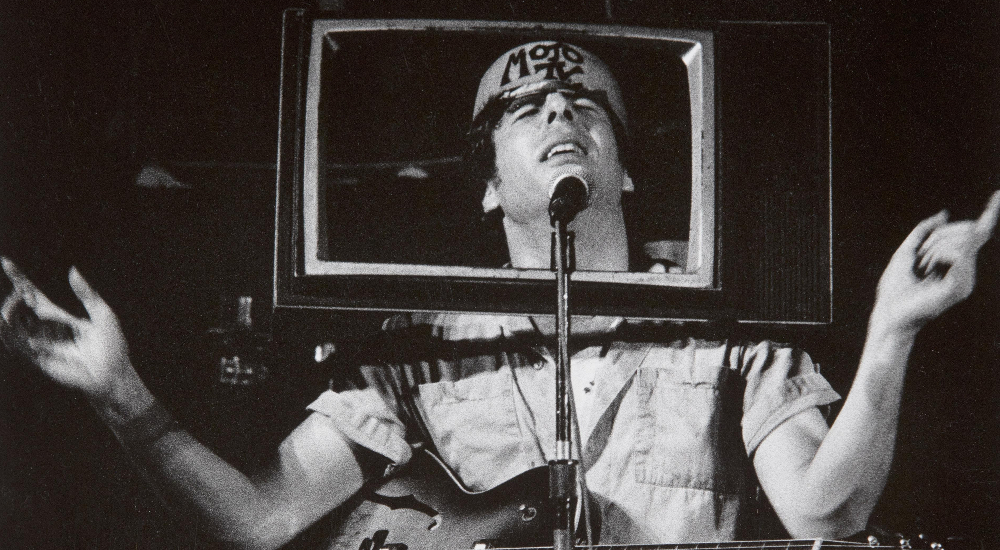The Mojo Manifesto is an entertaining documentary about a raucous rock star. While it will educate you about this enigmatic musician and his rise to fame, it's pretty much for fans only.
Mojo Nixon rose to fame in the late '80s as college radio stations grew in popularity, highlighting alternative rock artists back when that word meant something. Often lumped in with other artists that took from both punk and country music, Nixon distinguished himself with provocative songs like "Don Henley Must Die" and "Burn Down the Malls."
This documentary - originally announced in 2013 - mostly covers the 10 years between his debut with Skid Roper (who declined to participate) and the end of his prolificacy in 1995. Nixon recorded a ton of music in this period, collaborating and touring with just about anyone who would put up with (or join him in) his debauchery on the road. His reputation as an unfiltered musician and philosopher got him a gig at MTV. But he eventually became a personality they couldn't control. His video for "Debbie Gibson Is Pregnant with My Two-Headed Love Child," starring the wildly popular Winona Ryder, angered Atlantic Records (Gibson's record label at the time) and the network refused to air the video.
Nixon comes off as an unapologetic but mostly good-hearted provocateur. The problem with this doc is it never goes wider than the brief period when Nixon was mildly popular. There's one great bit about his childhood growing up in the racist South, with parents that supported the Civil Rights Movement. But there's absolutely nothing connecting him to the present. Surely there are musicians today influenced by Nixon, or at least an exploration of why the psychobilly genre died out. But there's none of that in The Mojo Manifesto.
Still, you're likely to seek out his entertaining music and yearn to see a live performance, which used to be a staple of SXSW. For non-fans, that's about all you'll get out of this.

